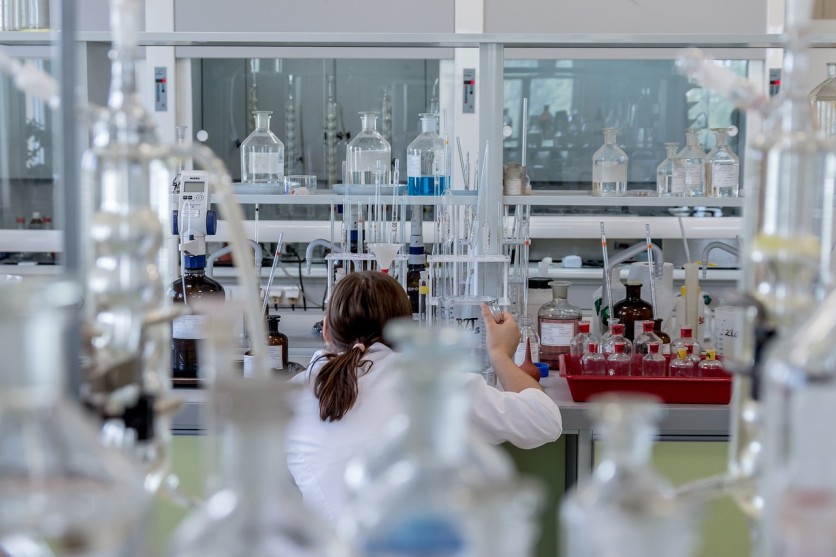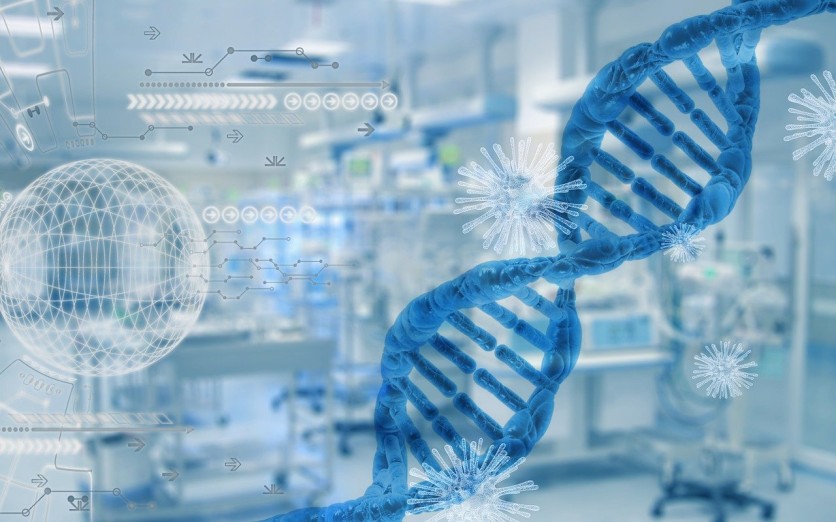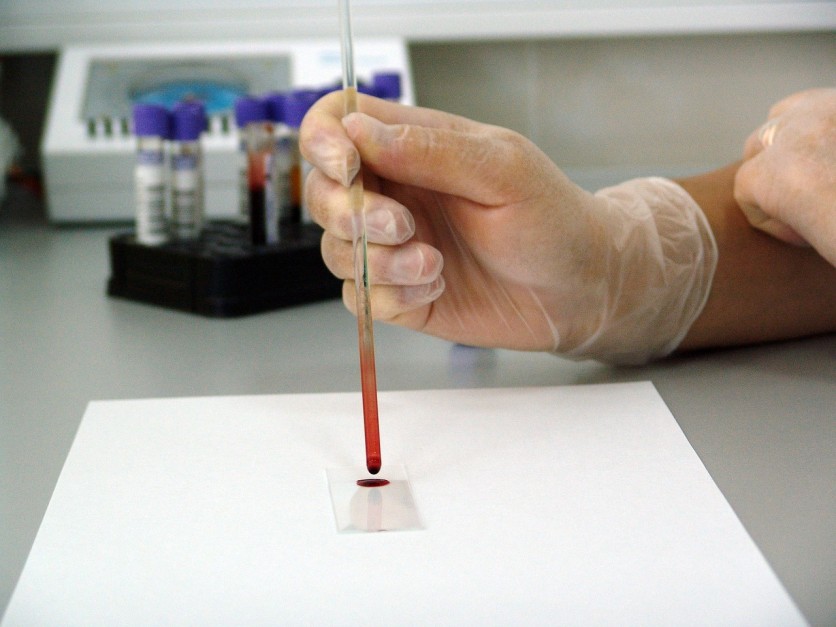
Antibody production companies are essential in dealing with the growing demand for antibodies for life sciences, therapeutic, and diagnostic applications. Therefore, a number of service providers are specialized in offering various types of services regarding the complex production of antibodies.
Many biotechnology companies rely on the services of specialized antibody production companies, as these have the necessary knowledge and resources to carry out highly intricate tasks effectively and efficiently.
This article offers an overview of various antibody production companies on the market and the services they provide.
Why do research groups and pharma companies outsource antibody production?
Research groups and pharma companies often outsource antibody production when this is not their core occupation. CDMOs (Contract Development & Manufacturing Organizations) and CROs (Contract Research Organizations) can provide various services for which expert knowledge is as required as specialized infrastructure. Outsourcing these processes can save both costs and resources while achieving high-quality antibody products.

Recombinant Antibody Production Companies
There are several companies dealing with the production of recombinant antibodies (rAbs). Here is a (not exhaustive) list of examples—they will be further described in the course of this article, along with some of their services.
- evitria
- Sino Biological
- GenScript
- ProBioGen
- ATUM
- Patheon
- Aviva
evitria
Headquartered in Switzerland, evitria is a globally active player that provides recombinant antibody production services for industrial applications and research. The company's sole focus and specialization is in CHO cell antibody production.
Having dispatched their first product in 2010, the company offers expertise combined with speed and reliability. Customers include academic laboratories and small biotech start-ups, as well as global biopharmaceutical companies that either outsource their entire antibody production or rely on evitria to manage capacity bottlenecks with specific projects.
The recombinant antibody expression services from evitria include:
- custom recombinant antibody production
- afucosylation
- fc-silencing
- bispecific antibodies
Sino Biological
Established in 2007 and based in China, Sino Biological provides labs and manufacturers around the globe with recombinant protein, antibodies, cDNA clones, and other reagents.
While recombinant antibody expression services are a part of their portfolio, the company does not exclusively focus on this complex field but rather wants to offer a "one-stop technical services shop for life science researchers," as described on the company's website. Sino Biological works with bacterial, insect, and mammalian cell cultures and recombinant expression platforms.
GenScript
Founded in New Jersey (USA) in 2002, GenScript combines experience in both molecular biology and cell system engineering. With gene synthesis, peptide, protein, antibody, and preclinical drug development service capabilities, the company specializes in fundamental life sciences research and early-phase drug discovery services, and it provides gene synthesis and other technology required in life science research and application.
GenScript's portfolio includes recombinant antibody expression services to support a variety of applications in drug discovery research. In addition to mammalian expression, they also offer E. coli and insect expression platforms.
ProBioGen
ProBioGen is a renowned Berlin-based Contract Development and Manufacturing Organization (CDMO) that operates on an international scale. They offer proprietary innovative technologies for optimized biopharmaceutical manufacturing and analysis.
ProBioGen's service focus is on fields like cell line engineering, process development, and GMP manufacturing of biopharmaceutical active ingredients and vaccines for clients in biotech and pharma.
ATUM
ATUM is a biotechnology company that was founded in 2003. ATUM's services cover a range of important research and production steps, such as cell line development and cGMP cell banking.
Patheon
Patheon is a CDMO that was founded in Canada in 1974 and was acquired by Thermo Fisher in 2017. Within Thermo Fisher Scientific's brand portfolio, Patheon offers services, including small molecule API, biologics, viral vectors, plasmids, clinical trial solutions, logistics, and commercial manufacturing and packaging.
In terms of recombinant antibodies, Patheon covers the full process development for mammalian recombinant proteins, including monoclonal antibodies.
Aviva Systems Biology
Aviva is an American biotech company founded in 2002 and based in San Diego, California. It provides customized solutions for protein expression projects, both for research and diagnostic applications. Amongst others, research areas include cancer, cell biology, and neuroscience.
The company offers monoclonal and animal-derived polyclonal antibodies, but also ELISA kits, proteins, and custom services for research needs.

Afucosylated Antibody Providers
Afucosylated antibodies are modified recombinant antibodies that offer the benefit of an artificially decreased fucose content, which leads to higher levels of ADCC (Antibody-Dependent Cellular Cytotoxicity), thus resulting in an increased killing activity against tumorigenic and infected cells.
Here are two examples of companies involved in afucosylation of antibodies:
evitria & ProBioGen
The state-of-the-art GlymaxX® platform, provided by ProBioGen, enables evitria to transiently express both native and afucosylated variants using the same CHO cells, the same DNA, and without any amino acid sequence modifications. While alternative afucosylation approaches rely on Fc mutations with the risk of immunogenicity, evitria's use of GlymaxX® produces the same yields and stability as native antibodies but rules out the danger of potential immune response.
Antibody Development and Production — Other Antibody Companies in an Overview
Antibody development and production for diagnostic and therapeutic purposes do not necessarily require recombinant antibodies. The production of biochemicals, the detection of various biomarkers, and research in fields like immunology, stem cells, proteomics, and genomics, in general, demand several kinds of antibodies in different formats.
High-quality mAbs (monoclonal antibodies), for instance, are also an important tool in biosciences and healthcare, being eligible for immunoassays like western blotting but also as therapeutic antibodies (e. g. in antibody-drug conjugation). Typically, monoclonal antibody production is performed in vitro.
Polyclonal antibodies are another type of antibody frequently used for research, therapeutic, and diagnostic purposes—for instance, in enzyme-linked immunosorbent assay (ELISA). They are usually produced in vivo, e.g., by the immune system of lab animals, resulting in specific antibodies that can bind to antigens recognizing different epitopes. This is why several distributors and pharmaceutical companies are concerned with custom antibody production.
Here are some examples of companies that are engaged with antibodies:
- Abcam
- Atlas Antibodies
- Cell Signaling Technology
- R&D Systems
- Rockland Immunochemicals
- Santa Cruz Biotechnology
- Sigma-Aldrich (a subsidiary of Merck)
- Thermo Fisher Scientific
Note that this is not an exhaustive list, and there are many other companies that produce antibodies for various applications.
Bundled Knowledge for the Next Leap in Life Sciences
The many examples of antibody production companies listed in this article highlight the complexity of manufacturing antibodies for various applications—be it for research, diagnostics, or therapeutic applications.
However, they also stress the diversity of different dedicated services available to master antibody production. By choosing to collaborate with CROs or CDMOs, biopharma companies can profit from the support of specialized partners in their attempts to make the next big leap in life sciences.
ⓒ 2026 TECHTIMES.com All rights reserved. Do not reproduce without permission.





